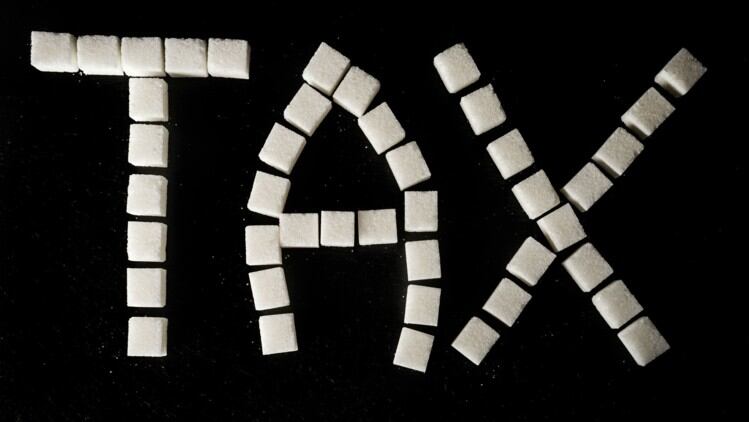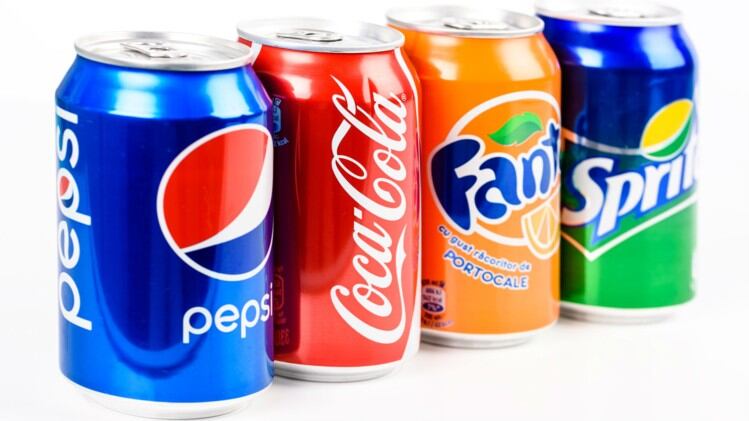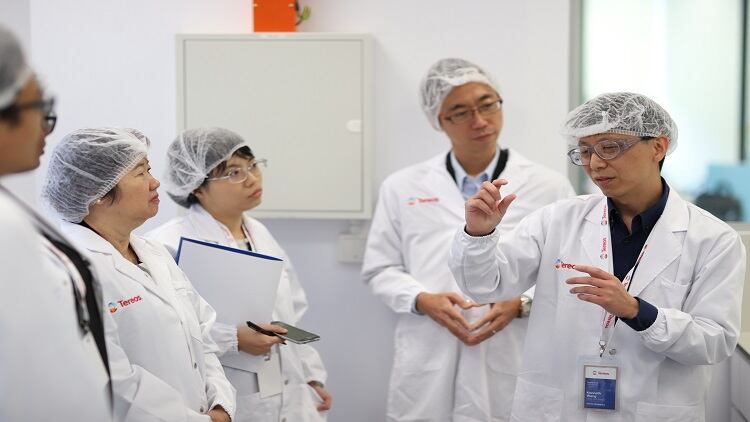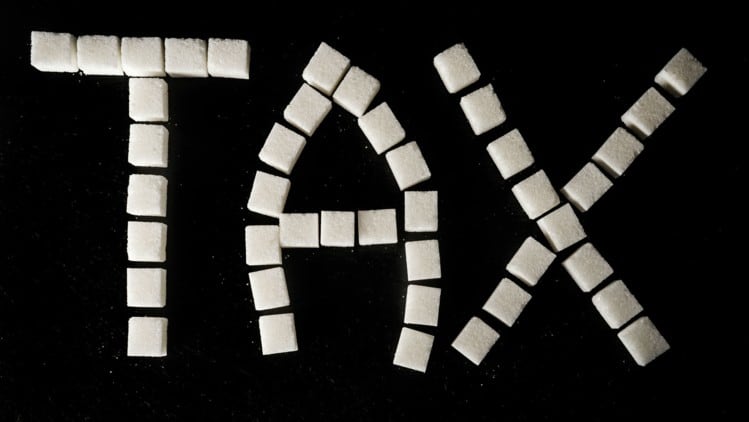This was announced by Finance Minister Lim Guan Eng in his speech tabling the country’s Budget 2019, which he presented in Parliament a few days back.
According to Lim, “Statistics from the Ministry of Health showed that nearly one out of two Malaysians were overweight or obese.” “
“The Government has decided to add […] ‘sugar sweetened beverages’ to the list of manufactured goods subject to excise duty in an effort to help address this issue."
“The duty proposed will be at RM0.40 per litre to be implemented on 1 April 2019 for non-alcoholic beverages containing added sugars of more than 5gm per 100ml drink; and for fruit or vegetable juice containing added sugars of more than 12gm per 100ml drink.”
The Malaysian Budget 2019 comprises of three main areas of focus: 1) Institutional reforms, 2) People's socio-economic wellbeing and 3) Promotion of entrepreneurial culture. The sugar tax falls under the second area, People’s wellbeing.
Reactions to the Budget
This decision was met with approval by many, but also with a level of scepticism.
“[This decision] is an innovative move to address the ongoing obesity crisis. It is long overdue and should have been implemented much earlier by the previous administration,” said think tank Galen via a statement.
“[However], Malaysian consumers have a diverse selection of food and beverages to choose from. The beverages being taxed are but a small proportion of food and drink which are of poor nutrition and high in fat, sugar and salt,” said Galen Chief Executive Azrul Mohd Khalib
“The list is long and arguably more problematic than soda drinks as they are consumed by the majority of consumers. These beverages will unfortunately escape taxation.”
“Consumers will switch or increase preference to familiar alternatives such as sirap bandung, milo, teh tarik (tea and condensed milk), kopi susu (coffee with milk) and three-layered tea.”
Additionally, he said that such a measure is no silver bullet.
“The effectiveness of this tax in actually reducing obesity is mixed,” he said.
“Studies from the United Kingdom, Chile and Mexico […] have shown that in the short term, young consumers [will] reduce their sugar consumption by up to 80% [but] older individuals and those who already have high-sugar diets for decades are unlikely to change habits and are relatively insensitive to price increases.
“In the long term, consumers will very likely be desensitised to the price difference, requiring additional tax increases in the future.”
“[To] increase its effectiveness, the tax should be applied to manufacturers and not at the point of retail.
“This will incentivise manufacturers to reduce the sugar content in their products to avoid being taxed. The truth is that we cannot depend on Malaysian consumers to change and adopt healthy choices and habits.”
In a previous interview with Penang Institute Senior Analyst Dr Lim Chee Han, he was of a very similar opinion.
“[Research shows that the Malaysian population has a] rather high consumption on many sweetened food and drinks on a daily basis. [For example], malted milk, like the popular Nestle Milo® probably contributes more sugar than carbonated drinks,” Dr Lim told us.
“[As such], targeting just soda drinks probably will not be sufficient.”
Dr Lim suggested a ‘graded sugar tax model’ to combat sugar over-consumption in Malaysia.
This sentiment was also echoed by former Health Minister Dr S. Subramaniam.
“What is the trigger point that will cause behavioural change? That answer is not known. There have been very few studies,” said Subramaniam to The Star.
“Although such an objective is noble, there must be a broader and more holistic plan in place. What about kuih (local cakes) and teh tarik?”
He opined that this could result in a ‘double whammy’ of increased inflation of the beverage prices without any reduction in their consumption.





